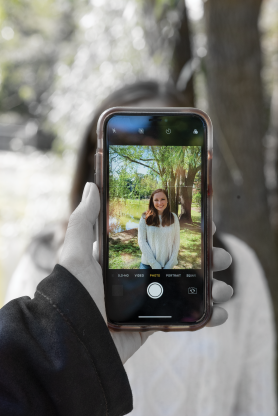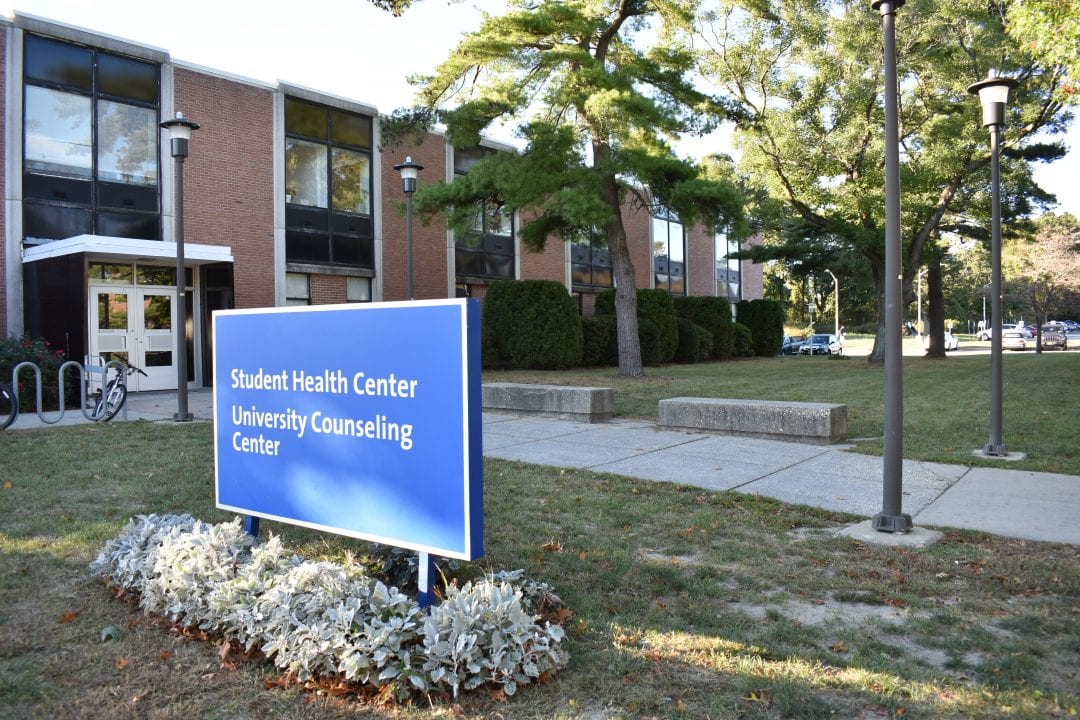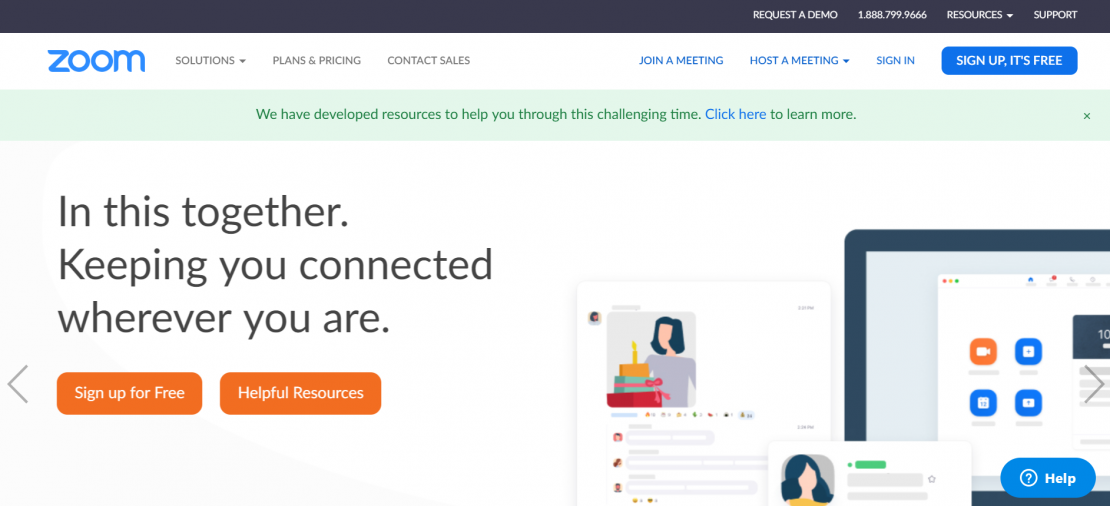
Anya Marquardt is a sophomore English major with a minor in journalism.
Mental health has been a controversial topic in the media for decades. It pops up across every form of media, from television shows and movies to popular applications like Instagram, Facebook or Tumblr.
The romanticization of mental health occurs when one portrays a mental disorder as “glamorous” or “beautifully painful.” This viewpoint also normalizes mental disorders as something that is attractive and bitterly desirable instead of recognizing that disorders are real issues that affect people’s lives in many ways. It has been amplified by social media. While this has led to more awareness about mental health, misrepresentations can do more harm.
The normalization of mental issues may not be obvious to people at first, but it is constantly surrounding us, especially in everyday speech. Words that have been naturalized in casual conversations feed right into this. For example, someone may say, “I’m really depressed because my friend isn’t calling me back.” The word “depressed” should not be used in this context. Chances are that the use of “depressed” may draw sympathy from the listener, or cause them to grow concerned. Depression is a serious mental disorder that is characterized by persistent depressed moods or loss of interests in activities, which causes significant impairment in daily life. The key word here is “persistent.” One negative experience does not mean that someone is “depressed,” and it certainly does not mean that someone has depression.
I have personally seen this too many times in my life, and have felt the anger and frustration of hearing others complain about something as critical as mental health. I have been diagnosed with an anxiety disorder and panic attacks, which I have struggled with for most of my life. It hurts me to see people claim to have mental disorders out of proper context. One of the most common misconceptions I have seen are students saying that they have severe anxiety because they are nervous about an exam they need to complete. Though feeling anxiety before an exam might be a common emotion, this is a common occurrence; it is most definitely not a sign of a mental disorder. An anxiety disorder is a mental health disorder characterized by feelings of worry, anxiety or fear that are strong enough to interfere with one’s daily activities.
As someone who has been clinically diagnosed with these disorders, I feel these symptoms way too often. Sometimes, they are strong enough to keep me from going to an event that I was previously looking forward to, or they are even strong enough to make me feel physically ill. Over forty million people suffer from an anxiety disorder in the U.S. per year, and it is not right for people to downplay these issues in order to gain sympathy and attention. It is even more harmful to those with mental disorders. On top of this, throwing around these terms in normal conversation promotes false information about mental disorders. We cannot educate people about the real impact of mental illness if they are misrepresented.
A huge component of the widespread romanticization is the media that we constantly consume. An extremely incorrect and offensive form of romanization is seen in the book that was turned into a popular Netflix show, “Thirteen Reasons Why.” The Netflix series, which ran from 2017 to 2020, followed Hannah, a teenage girl who commits suicide and leaves behind a box of recordings which contain 13 reasons why she decided to end her life. Her suicide is portrayed as an act of revenge against her former classmates, when in actuality, suicide is rarely planned out in a vengeful way.
On top of this, there is close to no recognition of the involvement of mental illness in suicide, though 46% of people who commit suicide have a diagnosed mental illness. The show made suicide look like a viable option for teens and a way to attract attention to themselves. Hannah also narrated the entire show posthumously, which leads people to see Hannah’s perspective, even though this depiction of suicide is portrayed as a vengeful act.
Many psychological and mental health organizations condemned the show, with the National Association of School Psychologists saying, “Its powerful storytelling may lead impressionable viewers to romanticize the choices made by the characters and/or develop revenge fantasies.”
This romanticization could lead to seeing mental disorders as something that can be easily diagnosed. Tons of websites publish quizzes where people can answer questions and find out if they have a mental disorder. Psychcentral.com offers a quiz named “Do You Have a Personality Disorder?” BuzzFeed also posts multiple quizzes about mental disorders, with one entitled “How Anxious Are You?” Someone scoring a high response on a quiz like this is just a hop and a skip away from that person declaring they have a mental health disorder because “a BuzzFeed quiz told me so.”
The internet should not tell you that you have a mental disorder and neither should social media. With celebrities like Sophie Turner and Chris Evans, who have spoken out about having mental health issues, it is very easy for their followers to relate to them after reading photo descriptions or tweets and finding that they have experienced a similar situation once or twice. If someone is posting about a mental disorder, they should make sure people know the difference between feeling a certain way and having a diagnosed mental disorder. Feeling sad sometimes doesn’t mean you have depression, and feeling worried about a test doesn’t mean you have an anxiety disorder.
It is great to see that we are starting to normalize mental disorders and show that they are not something to be ashamed of. However, we are sending an adverse message in the process. Normalizing mental disorders among those who do not face them is not the way to show that having a mental disorder is okay. We need to find a balance between recognizing that mental health issues are important, while not romanticizing them in the process.
If you feel like you may be struggling with mental health issues, you should reach out to a mental health professional. These are people who can actually answer the questions you have and properly diagnose you if needed. Do not rely on articles and self-diagnose yourself with a mental disorder that you do not actually have. Do not rely on a show or movie that portrays someone with a mental disorder to make you declare that you have a disorder. The romanticization of mental health is harmful to all of us, whether you have a mental disorder or not.
National Suicide Prevention Hotline: 800-273-8255
Stony Brook Counseling and Psychological Services (CAPS) Hotline: (631) 632- 6720


















